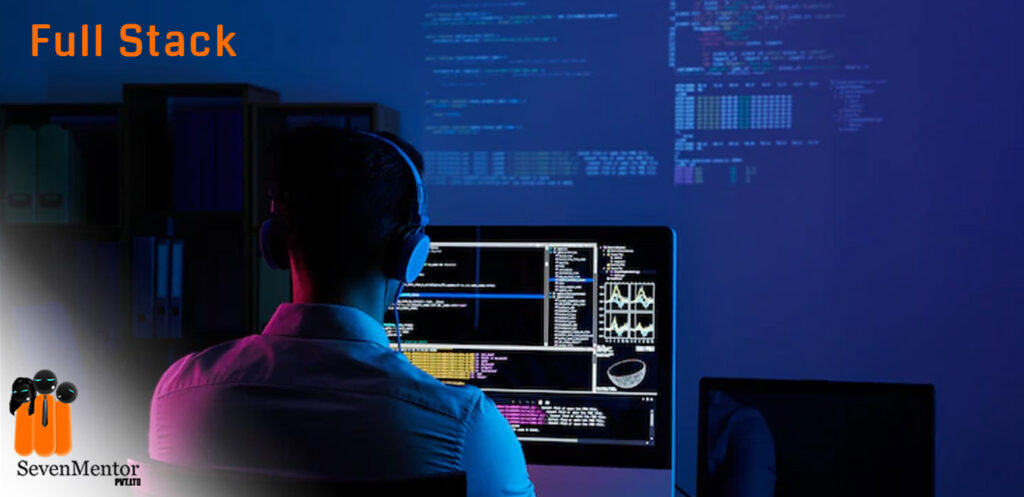To be a successful Full Stack Developer, a broad range of skills is required across both front-end and back-end development, along with tools and practices that support modern web development. Here’s a breakdown of the key skills needed:
1. Front-End Development Skills:
These are the skills required to build the user-facing side of applications.
- HTML/CSS: Basic building blocks for creating structured content and styling websites.
- JavaScript: The core scripting language for adding interactivity to web pages.
- Frameworks and Libraries:
- React.js, Angular, or Vue.js for building dynamic user interfaces.
- Bootstrap or Tailwind CSS for responsive design.
- Version Control (Git): To manage code changes and collaborate with other developers.
2. Back-End Development Skills:
These are essential for handling server-side logic, databases, and APIs.
- Programming Languages:
- JavaScript (Node.js), Python, Java, Ruby, PHP, or C# for server-side development.
- Web Frameworks:
- Express.js (for Node.js), Spring Boot (for Java), or Django/Flask (for Python) for building robust web servers and APIs.
- Database Management:
- SQL (e.g., MySQL, PostgreSQL) for relational databases.
- NoSQL (e.g., MongoDB) for non-relational databases.
- Authentication & Authorization:
- Techniques like JWT, OAuth, and session management for secure user access.
- API Development: RESTful APIs or GraphQL for communication between front-end and back-end.
3. Full Stack Integration Skills:
- APIs: Ability to design and consume RESTful APIs or GraphQL APIs.
- Cloud Platforms: Knowledge of cloud platforms like AWS, Google Cloud, or Azure for hosting applications and managing databases.
- DevOps: Familiarity with CI/CD (Continuous Integration/Continuous Deployment) pipelines to automate testing and deployment.
- Containerization and Orchestration: Understanding tools like Docker and Kubernetes to deploy applications in isolated environments.
4. Soft Skills:
- Problem-Solving: Strong analytical and problem-solving abilities to handle complex issues in both the front-end and back-end.
- Collaboration: Full Stack Developers often work in teams, so effective communication and teamwork skills are crucial.
- Adaptability: The ability to learn and adapt quickly as technology stacks evolve and new frameworks and tools emerge.
5. Bonus Skills (Highly Valuable):
- GraphQL: A modern alternative to REST APIs, used for efficient data fetching.
- WebSockets: For real-time, two-way communication between clients and servers (e.g., chat applications).
- Serverless Computing: Understanding of serverless architectures using tools like AWS Lambda.
- Testing Frameworks: Familiarity with testing frameworks like Jest, Mocha, or Jasmine for both front-end and back-end code.
- SEO (Search Engine Optimization): Knowledge of basic SEO practices for improving the visibility of web applications.
Know more- Full Stack Classes in Pune


